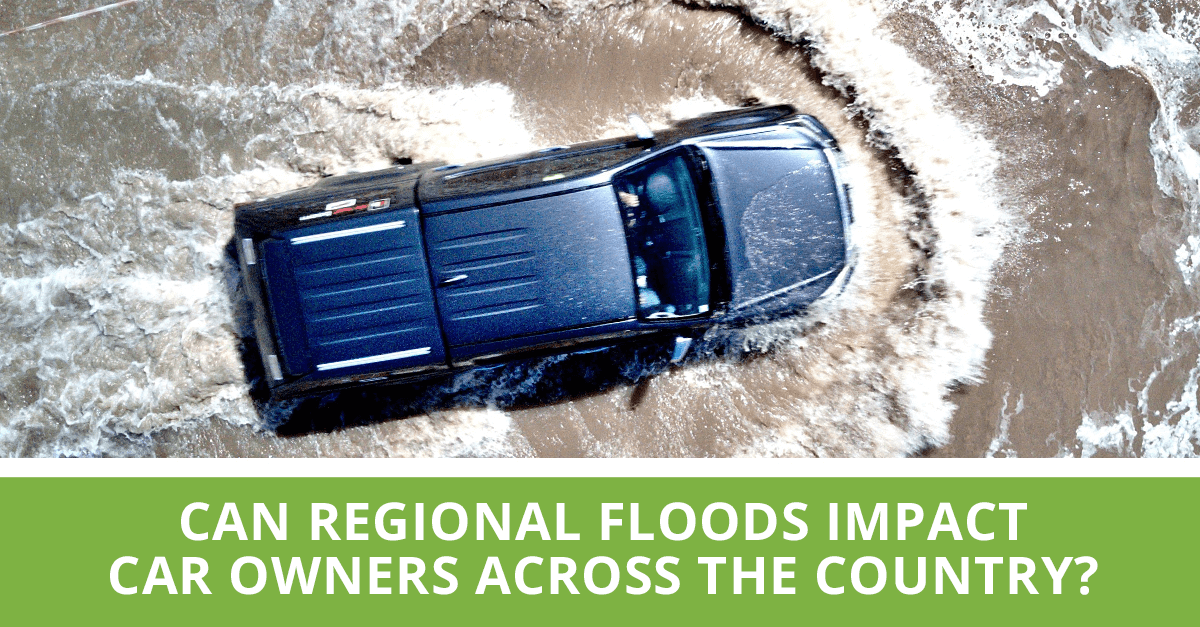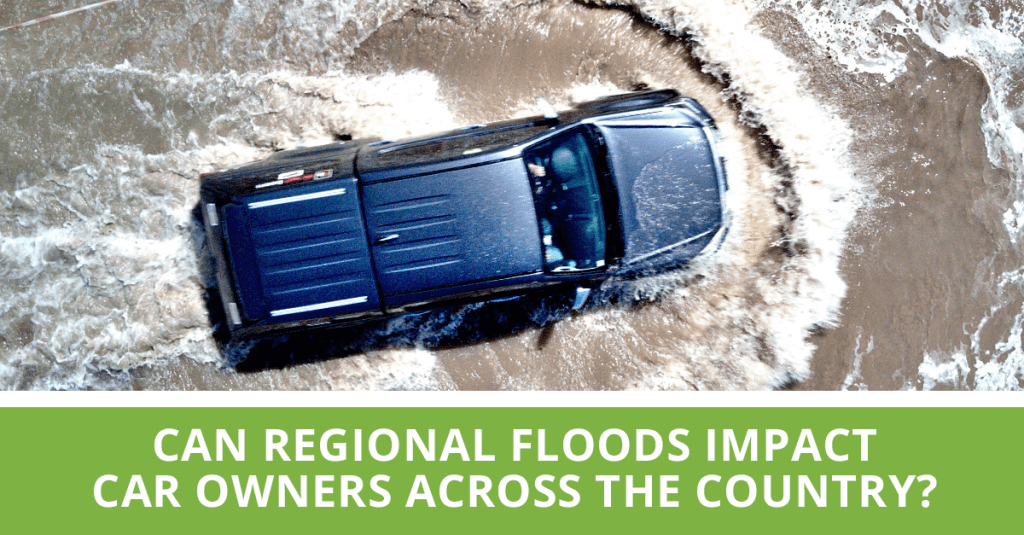

In August 2017, Hurricane Harvey unleashed a wave of historic destruction on Houston, Texas and surrounding areas. Just weeks later in September, Hurricane Irma tore through the Caribbean island before zeroing in on the state of Florida, leaving a statewide path of destruction in its wake. All in all, the damage of these two storms is estimated at more than $290 billion, according to Money.com.
After the flood waters receded and the magnitude of the loss became apparent—so did the shady tactics of opportunists. Across the country, a growing number of flood-damaged cars are being listed for sale, and all too often, signs of that damage can be difficult to spot with a quick visual inspection.
Flood damage should show up on the car title, right?
In conventional situations, flood damage would be listed on an automobile’s state title, and the red flag would be waving. However, as a result of the staggering number of cars impacted by the hurricanes, many state offices are encountering a gridlock-inducing backlog of work. What does this mean to an average consumer? Unfortunately, it means some flood-damaged cars are being auctioned off and shipped all over the country before the title reflects the defects—leaving the new owner holding a “flood title” when the records are finally updated.
Short of becoming an expert in the mechanical and cosmetic indicators of flood damage, how can prospective buyers safeguard themselves? Obtaining a thorough vehicle history report is a solid start that offers a quick and easy way to spot trouble.
An Ounce of Prevention is Worth a Pound of Cure
To apply the old proverb to the car-buying process, spending a few dollars on a vehicle history report can save hours of headaches and thousands of dollars in the long run. With the National Insurance Crime Bureau (NCIB) providing free VIN checks and reputable companies like Carfax and AutoCheck offering reliable reports for reasonable prices, buying a car without gathering all the facts is an unnecessarily risky proposition. And with the recent catastrophes that swept across the South, it’s more important than ever for consumers to have all the facts possible before making a purchase decision.
